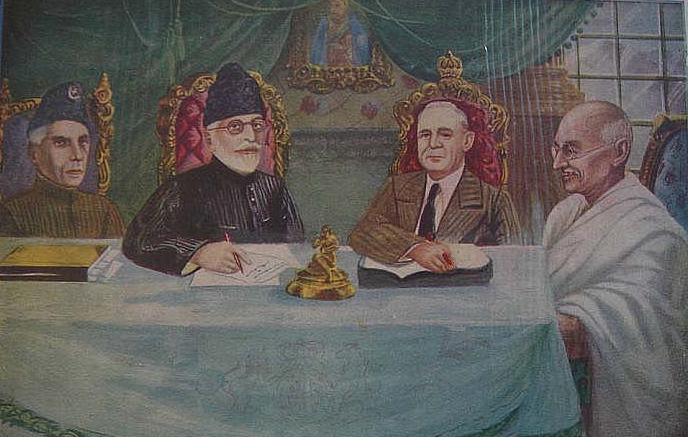



Sufferers from “Churchill Derangement Syndrome” hold “Aryan stock” high among Winston Churchill’s appalling utterances. The remark rose again in correspondence with a journalist. I dug out for him the background of that remark, but his report omitted it. Out of context the quote is misleading, so I guess that’s just as well. But rather than write off several hours’ research, the facts might here serve to advance reality.
Wales in its Welsh Wisdom is thinking of moving statues of Churchill, Nelson and Gandhi to a museum, the Daily Telegraph informs us.…
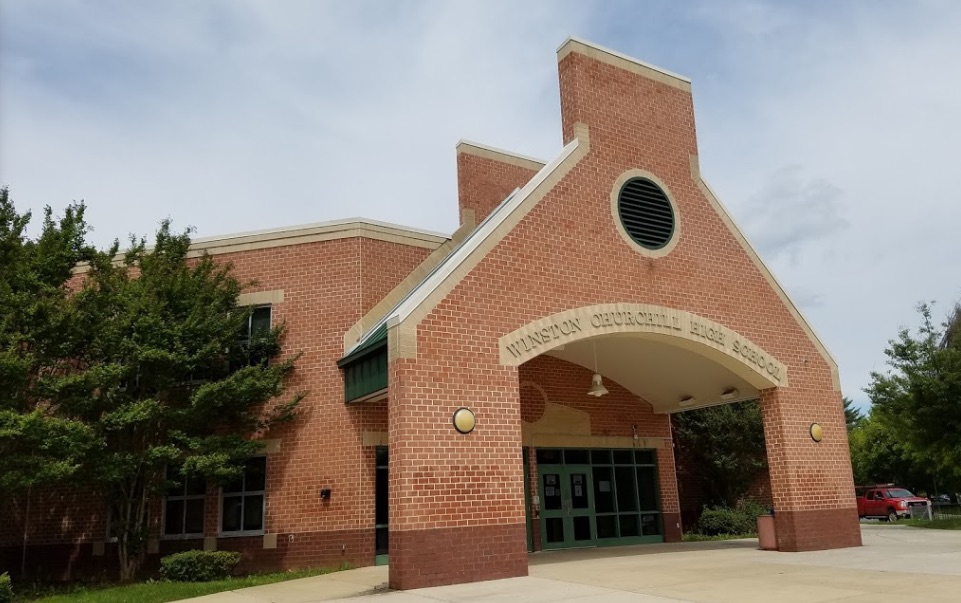
This is a reply to a July petition to rename Winston Churchill High School, Bethesda, Maryland. Founded in 1964 as Potomac High School, its name was changed the following year to mark Sir Winston’s passing. It is a distinguished school whose alumni include two sons of the late Jack Kemp, both of whom pursued their famous father’s sport. Jeffrey Allan Kemp (’77) was an NFL quarterback; his brother Jimmy Kemp (’89) played in the CFL and is president of the Jack Kemp Foundation. State Senator Cheryl Kagan (’79) serves in the Maryland legislature.…
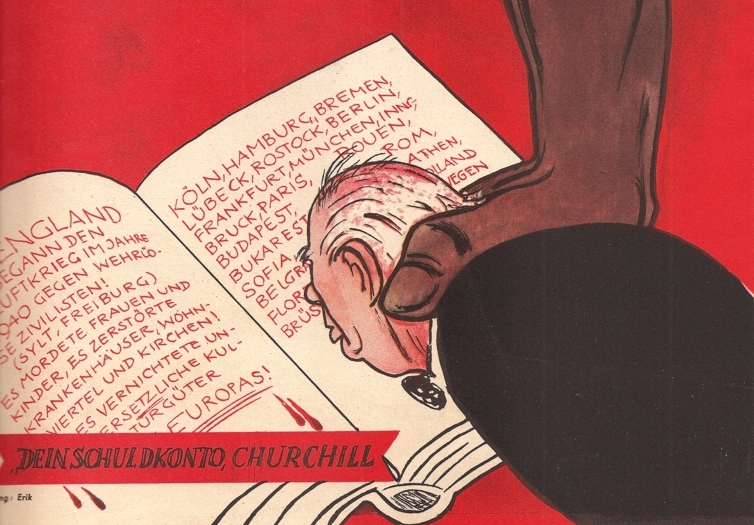
Herewith final installments by various writers in our two-month defense of Winston Churchill’s memory. These and the links below cover his most popular current sins—even castration and nuking the Maralinga. So, unless we get a new one, that’s a wrap! RML
Memory: “The stars still shone in the sky”Lost in the pell-mell rush to denigrate his memory was the 8oth anniversary of Churchill becoming Prime Minster, 10 May 1940. I thought of his words as I read the ignorant, ill-informed, false attacks on his character. They occurred amid protest over a tragic event that had nothing to do with him.…
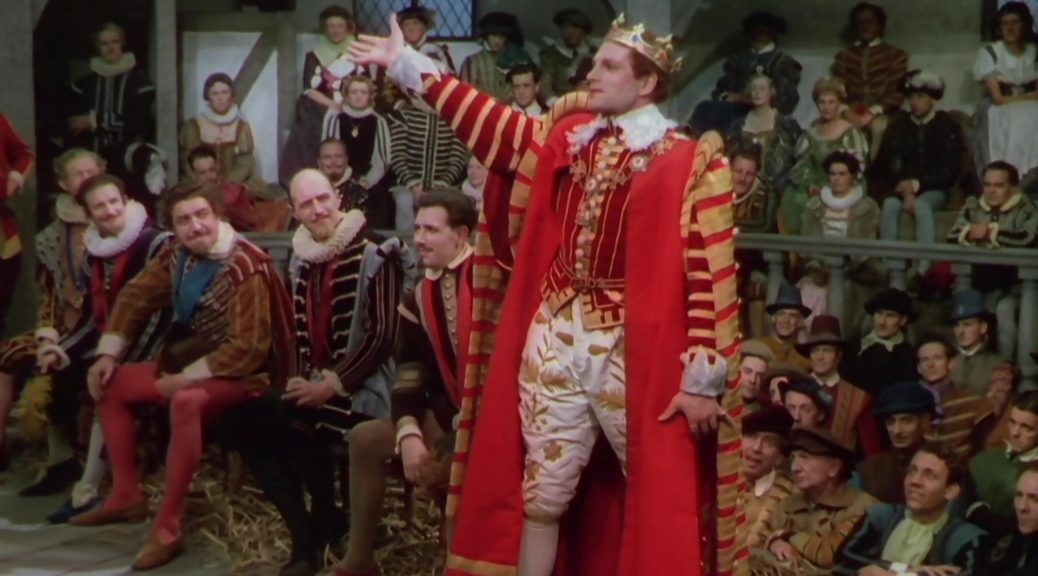
In 1927, Winston Churchill wrote to his wife Clementine, “I am becoming a film fan.” He had projection equipment installed at Chequers, the country home of British prime ministers, in 1943, and at his family home Chartwell in 1946. “Churchill and the Movies” is the fourth and final event of the Center for Constructive Alternatives in the 2018-19 academic year. We will view and discuss two films widely regarded as Churchill’s favorites, and two Churchill biographic movies in their historical context.
Hillsdale’s Center for Constructive Alternatives (CCA) is the sponsor of one of the largest college lecture series in America.…
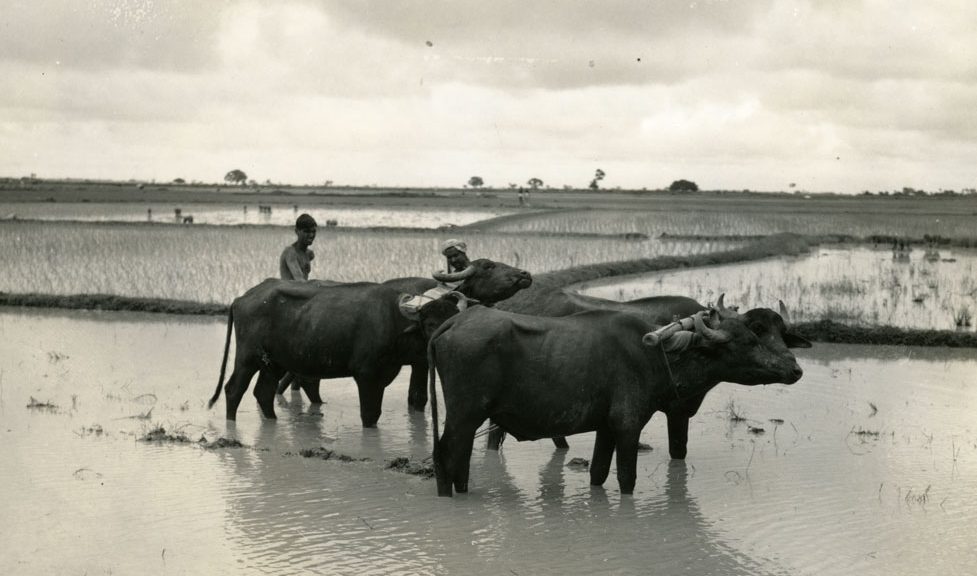
Most popular by far: On both the Hillsdale College Churchill Project website and this one, more reader comment is engendered over Churchill’s role in the 1943 Bengal Famine than any other subject. A lot of it, pro and con, is by Indians themselves. This is understandable. The food shortage that ravaged Bengal in 1943-44 was the greatest humanitarian crisis in India’s history. Up to three million people died—5% of the province’s population. Proportionally, think 16 million Americans.
The book that started the controversy, Churchill’s Secret War, is now eight years old.…
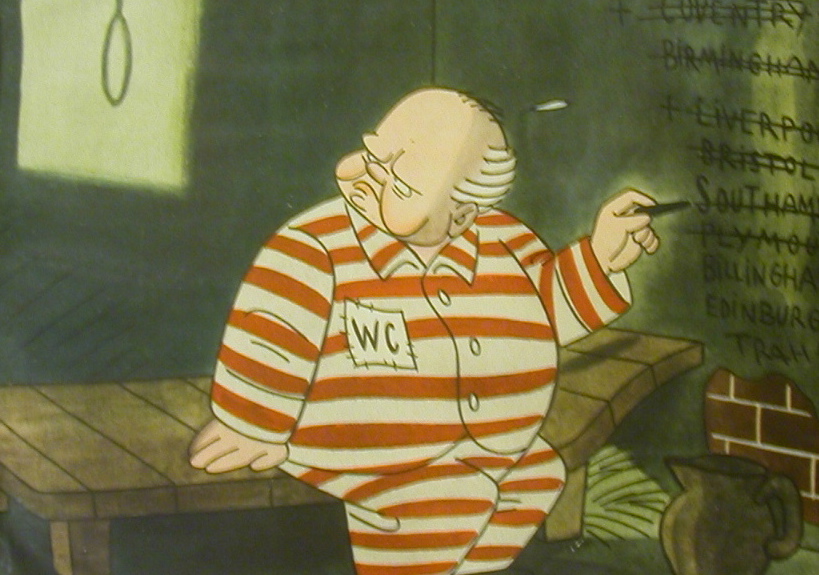
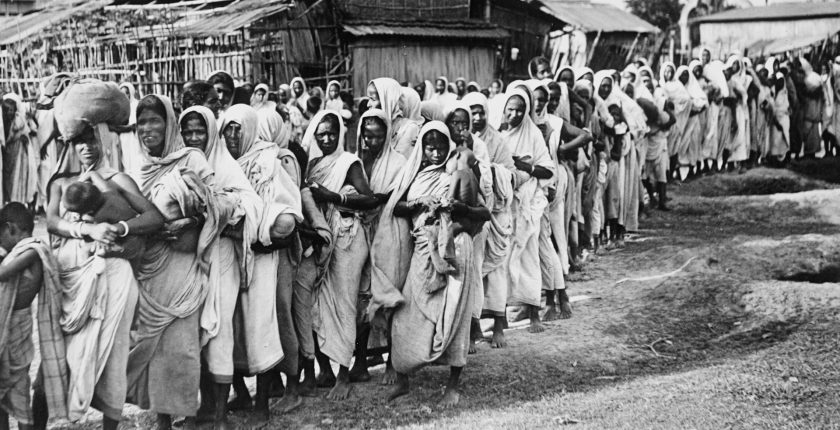
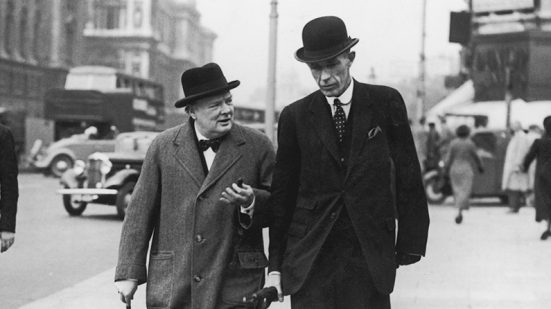
“I am quite satisfied with my views of India. I don’t want them disturbed by any bloody Indian.” Thus Winston Churchill said (or is alleged to have said) to Lord Halifax née Lord Irwin née Edward Wood, in 1929.
“Bludgeon of choice”A historian friend says the Indian Bengal Famine (1943) “is on its way to surpassing the Dardanelles (1915) as the bludgeon of choice for Churchill’s detractors.” He was commenting on the latest outburst of Bengal Famine nonsense—contested by a thoughtful Indian, as well as myself: scroll to comments.
“Bloody Indian” tracks to Ben Pimlott, editor, The Second World War Diary of Hugh Dalton 1940-45 (Jonathan Cape 1986), 126.…
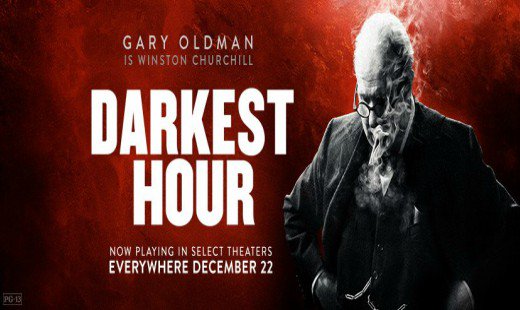
Troy Bramston of The Australian newspaper had pertinent questions about the new movie Darkest Hour, starring Gary Oldman as Winston Churchill. With the thought that Troy’s queries might be of interest, I append the text of the interview.
The Australian : Of all the things Winston Churchill is purported to have said and done, the myths and misconceptions, which are the most prevalent and frustrating for scholars? None of these appear in the film, but there are three things that rankle: 1) The lies—that he was anxious to use poison gas; that he firebombed Dresden in revenge for Coventry; that he exacerbated the Bengal famine, etc.…